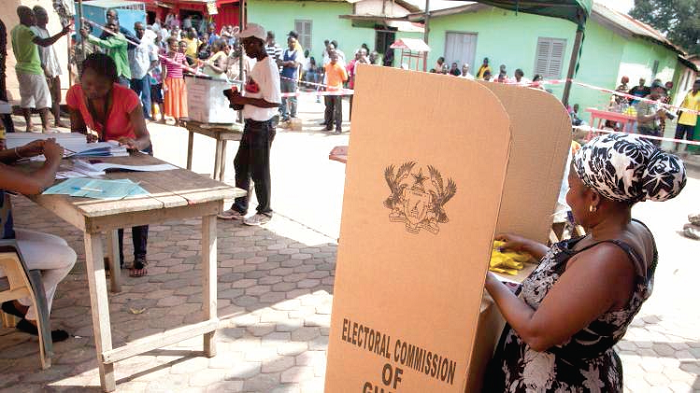
Party Manifestos, who reads them any way
Aside the spectacle-wearing intelligentsia in Accra and elsewhere, I doubt if many voters worry their heads over manifestos.
Just as Singer Tina Turner asked “who needs a heart. When a heart can be broken”, so also do some ask, “who needs a manifesto. When a manifesto can be broken.”
The Oxford English Dictionary defines a manifesto as a public declaration of policy and aims, especially issued before an election by a political party.
A manifesto may come in different forms and shades. It may be colourful and glossy. It may be dull and unattractive. So also are the ideas in there.
Some are colourful, glossy, lofty and overly ambitious. Others are dull and uninspiring. There are some ideas that hang somewhere in between.
The paradox of the manifesto is that whereas not many people read it, almost everyone asks of it. It is like a watch on the wrist. It doesn’t matter very much whether it is working or not. Some would rather have it to fit a particular fashion pattern.
The manifesto is no different. Political parties like to flaunt it about. It is evidence of their hard work. It is a sign that they have invested some thought in the path and progress towards power.
It is indeed the watch on the wrist of the political parties (assuming for a minute that the political party is a human being.).
All things being equal, a manifesto is supposed to let the voters know that the politicians know and understand “what time it is”. And to that end, they have solutions and suggestions that will make their present situation better.
The manifesto may become a sword and a shield in the run up to the election period. Parties compare notes. They seek to undermine each other’s views and initiatives. The criticism may range from straight-faced assessments to ridicule.
This election is turning out to be very interesting in every sense of the word. The ruling government has indicated that it is going ahead to launch its campaign without the outdooring of its party manifesto.
The opposition New Patriotic Party has also indicated that it is not prepared to disclose its policies because of the fear that the ruling government may steal them.
The fear is so pronounced that the sitting president has decided not to partake in any debate with the opposition candidate.
The opposition candidate has also rescheduled an encounter with the Institute for Economic Affairs all in a bid to ensure that he does not release his ideas too early in the day.
Both parties are waiting to find out who will blink first. None of them is willing to disclose their ideas. But the contest to find out who blinks first is really much ado about nothing.
Like I said at the beginning, who needs a manifesto when the government is not going to be bound by it anyway.
When you vote for a particular party based on what you have heard them say, it is not a contract. You cannot hold the government accountable for anything they have said in a manifesto. So why bother.
I have made this point and I will make it again. This country is not short of writers. The country is not out of intellects to compose intelligent briefs.
What the country lacks so much at the moment are men and women who are hungry to make a difference; men and women who would not and do not count the cost; but would rather die to serve the nation selflessly.
I don’t think Ghanaians are looking for someone who has an idea that is unheard of. Far from it. They are looking for someone who can demonstrate that he or she is able to deliver on some of the basic matters that affect them.
If experience has taught us anything, it will be that there is a world of difference between speech and delivery.
I sincerely don’t understand what the two main political parties are seeking to achieve by playing hide and seek in relation to the release of their manifestos.
We should not be disputing or wasting ink on this point. It is in fact, so elementary that we should take it that people know what their leaders are offering.
People are going to vote in whatever way they want to do so. They may choose to vote on ethnic, religious, social and economic lines. Some will vote in a particular manner simply because they have been socialised to think and vote in a particular manner.
Others will vote on issues. There is little that an occasional document, which comes around every election year, will alter their way of life and thought.
